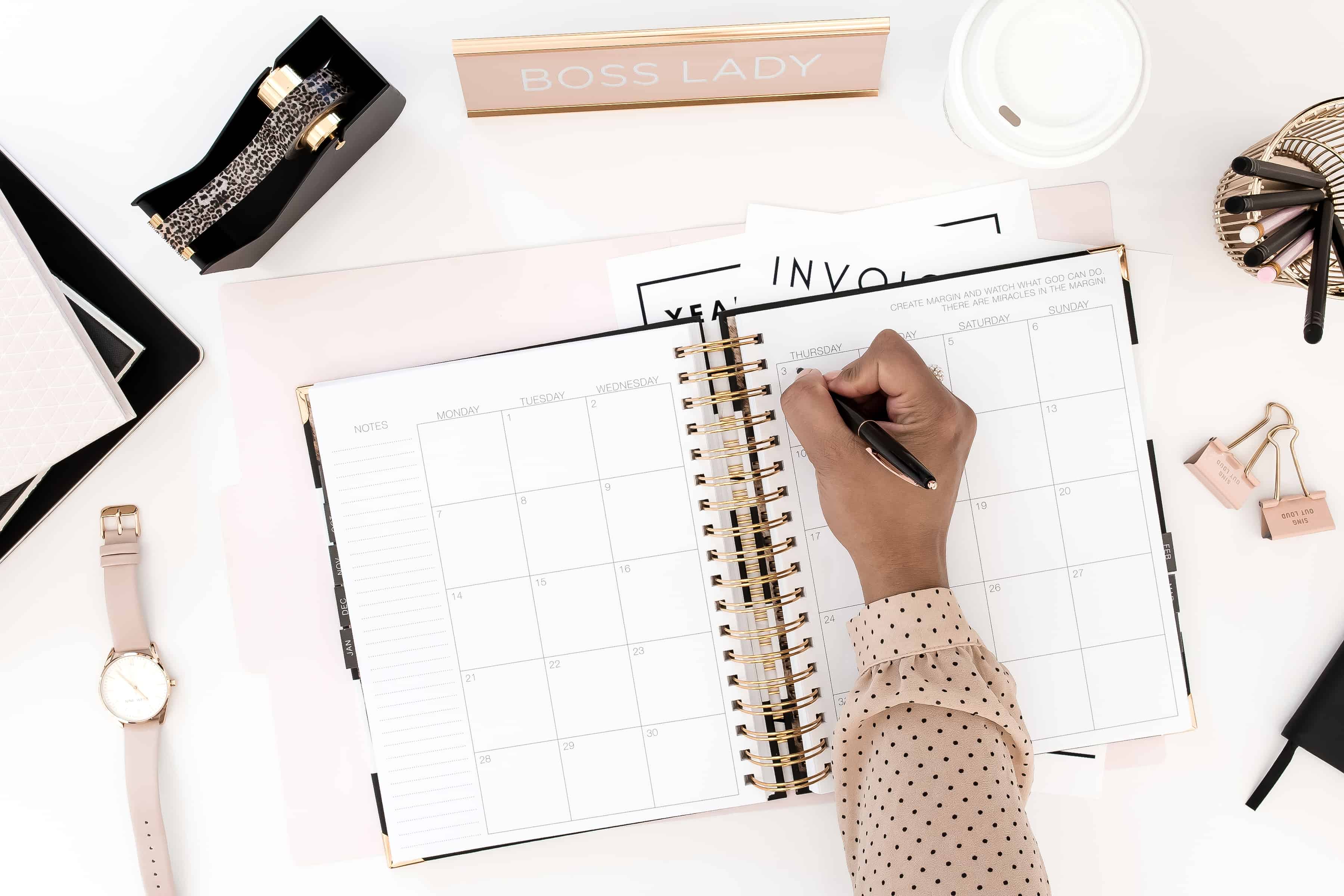9 Things You Do That Are Keeping You In Debt

Of the many things that are keeping you in debt, there are some that stand out and need to be prioritized. There are things that you have to pay attention to right now to jumpstart your finances and get your life back in track.
Debt-free people make it a habit to avoid these 9 things below:
1. Only Paying The Minimum in Debts
Ah… minimum payments. They make paying off your bills so easy and on time. What you may not know is that only paying the minimum charge is not good for your long-term plans and is actually keeping you in debt. When you pay only the minimum, such as in your credit cards, you are likely paying off only a small percentage of your monthly balance, plus accrued interest and other fees.
Interest charges also increase with the balance and this can be worsened when you keep piling on the debts on top of what you already owed but haven’t paid off. Paying only the minimum charge this month will not even pay off the previous month’s interest completely.
If you can, pay off your debt completely, or at the very least, pay twice the minimum amount every month to make a significant dent on your balance.
Tip: For credit cards, try to use no more than 30% of your card’s credit limit to keep your debt under control.
2. Constantly Breaking Your Budget

A budget is like an invisible fence around your money. In essence, it serves to protect your finances, not limit it. You could set the most workable budget on the planet but if you keep going over, it will not do you any good. If you frequently break your budget, you will never have enough, regardless of how much you earn.
READ: 13 Genius Money Hacks To Get Your Finances Back On Track
Take charge of your budget by setting limits on the items that you buy. That way, you know exactly how much you are allowed to spend and where your money is going. Here is an example of a basic monthly budget:
- Housing: 25% to 30%
- Daily Expenses (Food, Gas, Power, Internet): 20%
- Recreation (Trips, Travel, Eating Out, Entertainment): 10%
- Retirement Savings: 10%
- Insurance: 10%
- Other Savings: 10%
- Emergency Expenses (for when you can’t say “no”): 10%
This is just an example of what you can do with your budget and you could make appropriate adjustments where necessary, provided you don’t put money in expenses that are unnecessary.
Tip: If you find yourself on the verge of breaking your budget again, try to assess your spending habits and change what needs to be changed.
3. Thinking You Don’t Make Enough Money
When money is tight, it is easier to think your income is not enough. The truth may be surprising. When you look at things from a different perspective, you might find that a simple approach can help improve your situation. First, consider your expenses. The real problem may lie on the fact that you are spending more than what you earn. Making adjustments on your expenses and working on a budget may be the best solution.
READ: 7 Savings Goals To Reach In Your 20’s
It may also be time to increase your take-home pay. If your income is still insufficient, consider improving your skills to earn more or find a job with a better pay. You might also find additional income on top of your regular work. Start a side hustle. Consider something you can sell, such as a product or a service. A skill or a hobby that you have been working on for years may just turn out to be lucrative. You could also consider starting an online business that has a low-barrier to entry like freelancing or starting a blog.
If you’re interested in starting a blog, You can create your own blog here with my easy-to-use tutorial. I have a free blogging email course you can join too that will help you start and launch a successful blog!
4. Living Over Your Means
Consider this: Warren Buffett, who is worth $80.5 billion, lives in a house with an estimated worth of just $650,000. When you live more than you can afford, you will likely dig yourself deeper into debt. Forget about being able to save because you likely will not have enough left over after you receive your pay. Take stock of your expenses, prioritize, then get a major revamp of your finances.
Tip: Always refer to your budget.
5. Not Having an Emergency Fund
Ideally, you should build your emergency fund before you build every other type of savings. An emergency fund will cover for every emergency expense you might have, such as a medical emergency, a car breakdown, home repair, appliance purchase, or unemployment. Without an emergency fund, you could easily wipe off your savings or max out your credit cards when a big expense comes your way.
Build an emergency fund that is the equivalent to at least three times your monthly expenses or as much as six times the amount. The important thing is you have enough saved up to protect you for at least 3-6 months when you are still recovering financially. Even better if you can have it automatically deducted from your paycheck or bank account after getting paid.
Tip: A savings app like Qapital can do this for you with ease!
6. Being Impulsive

Impulsiveness makes you buy things without thinking of the consequences. Very often, these are items that are completely unnecessary. Impulsiveness is the common denominator among people who cannot manage their debt. If you can control your expenses, you are not likely to buy what you do not need.
Tip: Put some time between the desire to buy and the actual buying. If you delay the purchase, you either forget about it or realize you do more damage to your finances if you do.
7. Being Too Generous
While there is nothing wrong with giving a helping hand now and then, frequent charitable acts can prevent you from reaching your financial goals and even take away from your savings. Helping out should be a wholehearted act, not a heavy burden.
READ: 14 Financial Habits Of Successful Women
Tip: Practice saying no. If you have any misgivings about withholding financial assistance, consider carefully if you can afford it. If you cannot, do not feel pressured to give.
8. Not Having a Financial Plan

A financial plan is like a road map to your future. It will give you an overview of what you have (including your assets, savings, income, investments, security) versus what you need to spend for (expenses, debt, and other liabilities). When you have a plan, you have a better understanding about how you make your money work for you.
Tip: You could develop a financial plan on your own but you can also work with a professional financial advisor who can help you.
9. You Don’t Know The Amount of Debt You Have
You cannot plan for what you do not know. Debt is difficult enough to manage on its own but if you don’t know the exact figure you owe and to whom, you may overshoot your budget again and again. Take stock of how much you really owe, then record it, along with the balance, monthly payments, and interest rates. When you have a good overview about your current situation, you have a better chance of getting out of debt.
Tip: Keep all receipts and records of your debt, and use a manual or digital app such as Mint, ChangEd, or just your trusty Excel program that will help you record and monitor your payments.

I loved this. Thank you!
You’re right, I made 4 of the 9 mistakes above and are facing a personal financial crisis. I have to re-plan the finance plan and behavior to get out this mess.